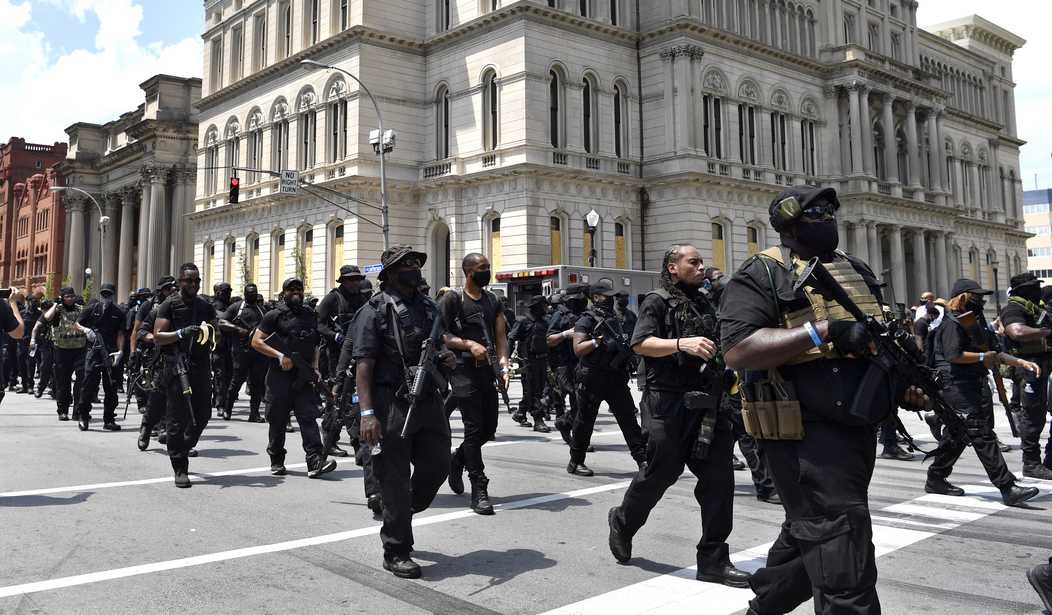South Carolina and Missouri are two states taking an interesting approach to sanctuary efforts. Rather than simply make a statement, they’re considering laws that would allow residents to pretty much have whatever is currently legal to them under laws that would create state-sponsored militias.
While many don’t like the term “militia,” that’s basically what they are and I’m fine with it. I think it’s an interesting approach.
For some, like the folks over at Talking Point Memo, it’s a concerning development.
The latest attempts by state legislators to circumvent potential federal gun legislation follow a decades-long history, according to Mark Pitcavage, a senior research fellow at the Anti-Defamation League’s Center on Extremism and a long-time analyst of militias in the United States.
In 1989, for example, a Connecticut-based gun dealer, Douglas Oefinger, established a group called the Connecticut Free Militia and then sued, unsuccessfully, for the militia to be able to import dozens of machine guns.
More recently, several conservative counties and cities in Virginia declared themselves “sanctuary” jurisdictions for gun rights in 2019.
Those declarations were essentially meaningless protests against the Democratically-controlled legislature and governor’s mansion, but they also spurred confusion; some Virginians believed the declarations impacted existing gun laws.
In Tazewell County, Virginia, which passed a militia resolution to accompany its “Second Amendment Sanctuary” language, county officials didn’t know what to do when residents started donating money for a citizen militia.
Ultimately, Pitcavage said, state laws must conform with federal law. He dismissed the notion that states can extricate themselves from the federal government’s militia authority.
“But it’s just an example of how people, whenever they get fearful about gun control, they search around for any of these legal loopholes that they think they can find,” he added. “And because the term ‘militia’ actually appears in the Second Amendment, and the Second Amendment is related to the historical and statutory militia, looking at militia-related laws is just one of the things that people’s minds gravitate to in these times of stress.”
Still, the South Carolina and Missouri bills offer real examples of legislators aiming high with their gun-rights advocacy. More than a symbolic protest, they are efforts at shaping legal precedent.
They’re not wrong, and I’m not a legal mind, so I can’t say definitively that these will pass legal muster. I do find them interesting efforts, ones that have some basis in law.
The article doesn’t really delve into whether there’s really any chance of them surviving legal challenge or not, of course, which shouldn’t be taken to mean that they will. While TPM isn’t a right-leaning publication, that doesn’t mean they asked the question then didn’t publish it because it was inconvenient.
Frankly, I don’t think anyone knows.
Yet even if this is insufficient, it may guide future actions that will protect our Second Amendment rights.
However, there’s an even better alternative. We make sure our lawmakers know to hold the ground in the Senate, then retake Congress in 2022 so we can put an end to this nonsense once and for all. That would need legal challenge.








Join the conversation as a VIP Member